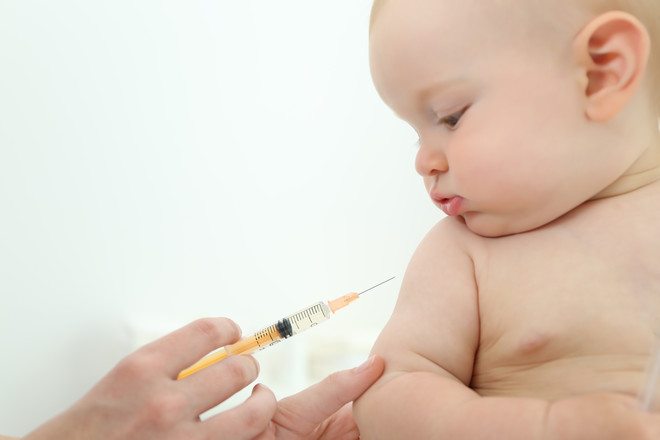Source: NPR.org
The world has two kinds of measles problems.
In low-income countries like Madagascar and in strife-ridden countries like Yemen, the disease takes a toll because vaccines are not available or accessible or affordable. In Madagascar alone, there have been nearly 80,000 cases and an estimated 900 deaths since September.
And now there’s a rise in measles in other countries, often wealthier ones, because of what’s being called “vaccine hesitancy.” Parents are opting out of the routine vaccination, which has been available since 1963 and is credited in helping to nearly eliminate the disease.
That hesitancy has played a role in outbreaks around the world. Japan is facing the worst measles outbreak in a decade, with at least 221 cases. Since the start of 2019, more than 70 people have been infected in southwest Washington state, and there have been 17 cases in Vancouver, British Columbia. And in Costa Rica this year, an unvaccinated French boy brought the first case of measles to the country in five years.
The Philippines suffers from both problems: continued issues of access as well as vaccine hesitancy. Trust in vaccines faltered after the maker of an anti-dengue vaccine said in 2017 that vaccine may increase risks of severe infections. A recent study found that in the Philippines, those who believe “that vaccines are effective” dropped from close to 82 percent in 2015 to 22 percent in 2018. The result: More than 12,700 measles cases reported since the beginning of 2019, and at least 203 deaths. At least 55 children under age 4 have died since the start of the year at just one Manila hospital.
“The vaccine hesitancy movement has really reached this level in certain countries — the United States, European countries, even in the Philippines — where we now are having difficult-to-control measles outbreaks occur, because the level of immunity has fallen,” says Amesh Adalja, senior scholar at Johns Hopkins University Center for Health Security and an infectious disease physician.
It’s a situation that the World Health Organization views with alarm. In January, WHO declared vaccine hesitancy one of the top 10 threats to global health — in the company of such looming problems as the Ebola virus and antibiotic resistant bacteria.
Indeed, after years of progress in immunizing children and eliminating or nearly eliminating measles in some countries, those gains have stalled. According to WHO, reported cases of measles increased by more than 30 percent from 2016 to 2017. The reported worldwide total in 2017 was 173,330.
A study published in The Lancet this month notes that of the 626,289 cases of measles worldwide from 2013 to 2017, 63 percent were categorized as “preventable” — if the children had received the two doses of measles vaccine, they would not have contracted the disease.
“It’s very concerning because I think it represents a waste of resources, because we shouldn’t be fighting measles outbreaks in 2019,” Adalja tells NPR. “This was something that should have been solved with the vaccine in the 1960s. Yet measles has persisted and now it’s not so much a question of access to the vaccine, it’s actually trying to convince people that the vaccine is worthwhile.”
And since measles has been virtually absent from many countries for decades, a new generation of parents has little knowledge about its nature.
Read the full article here: https://www.npr.org/sections/goatsandsoda/2019/03/12/697928724/measles-is-spiking-around-the-globe-how-worried-should-we-be


